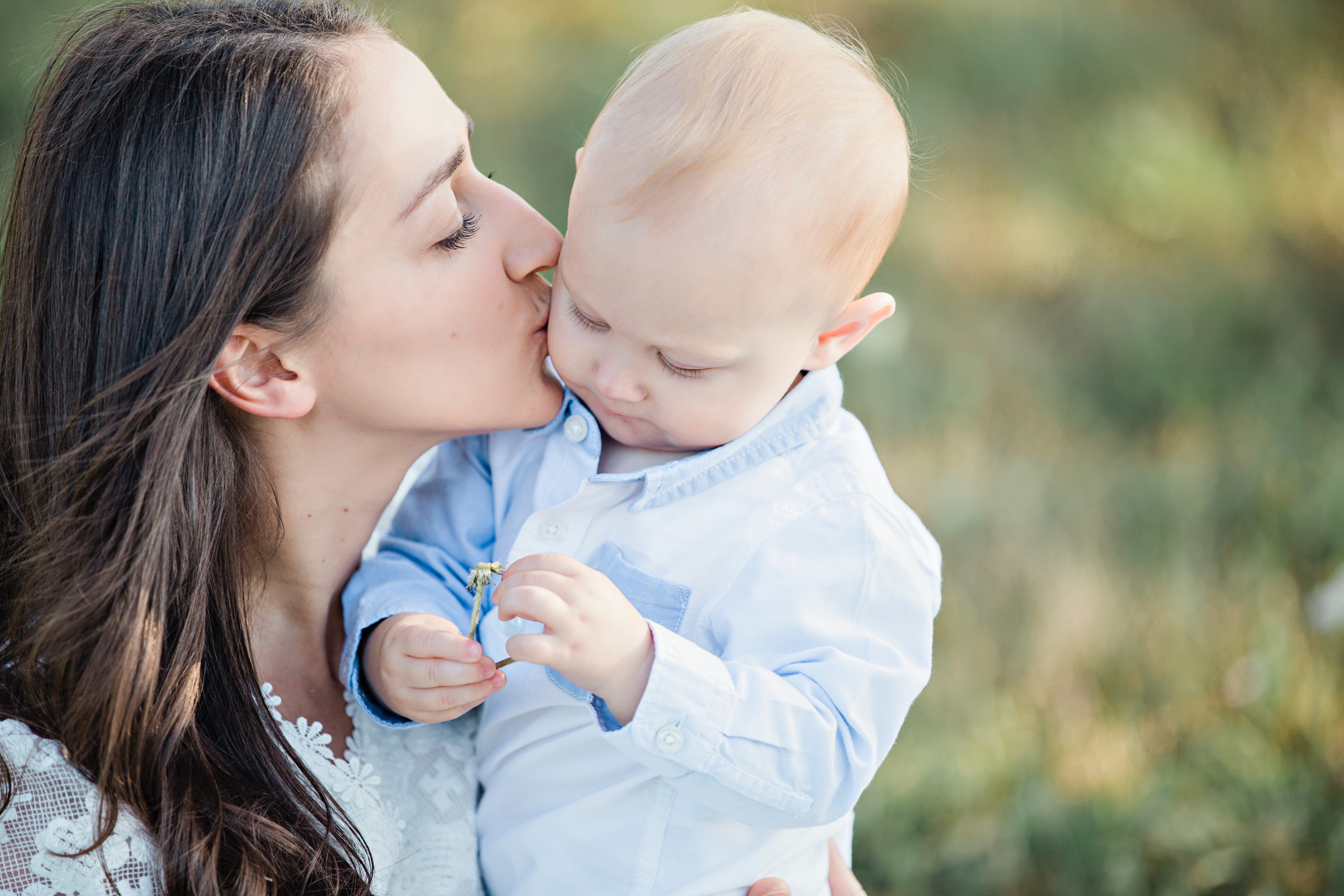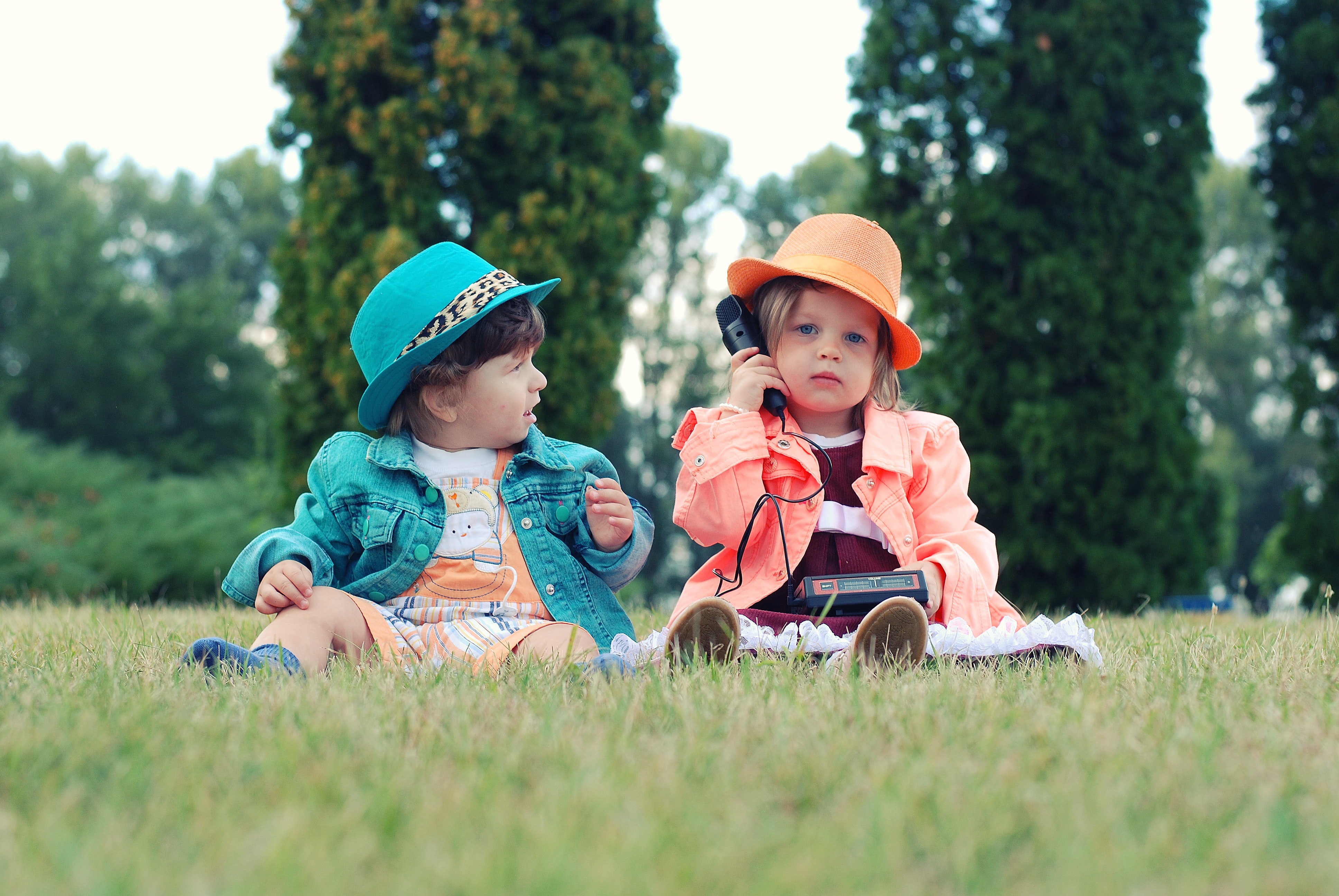-1.png)
EtonHouse Singapore
When school begins, children will be exposed to a new environment and surroundings, parents will find it a challenge dropping them off in school as they experience separation anxiety. They start fussing, crying and throwing tantrums. It is normal they react the way they do as it shows the meaningful connection between parent and child. However, separation anxiety can be a very unsettling issue. Not all children experience it and it is a part of their development. To help parent and child cope during this transition, we identify coping tools that will ease the separation anxiety.
What is Separation anxiety?
Separation anxiety can be triggered by many factors and begins when a child gains understanding in their life and are separated from the ones they are close to or when they experience big changes, like starting a new school. It can begin from infancy through preschool and there are several ways in which they express themselves through different triggering factors- a new place, a new sibling and tension.
Infants
It develops when they understand ‘object permanence’, they realise when things and people are out of sight, and the absence leaves them unsettled. It can begin from ages 4-5 months and because they do not understand the concept of time, the uncertainty leaves them anxious and agitated. It amplifies when they are hungry, tired or unwell and will cry until they are being cajoled.
Toddlers
As children develop and gain more independence during this age, they are more aware of their surroundings and their behaviours will be more extreme compared to infants. They will seek attention through loud tearful episodes until they are given the attention they want. They refused to be left alone and it can be challenging trying to get them out of it especially when they refuse to listen.
Preschoolers
When children reach 3 years of age, they experience more emotions and are much more aware of how their reactions and behaviour work on us. They may not always be stressed or anxious when you leave them alone but the emotional attachment will cause a trigger and they will find ways to have it their way. When they don’t they kick up a fuss until they do.
How to cope with separation anxiety?
It can be as upsetting for them and as for you when having to leave your child. There are methods to battle this issue and ease the tension.
Prior to a huge change or transition, such as starting school, get them ready for the change. Communicate with them on what is happening; ensure them that they are eventually going to see you at the end of the day. Visit the school with them before it starts and allow them to familiarise with the people and the surroundings. It gives them the comfort that they are in a trusting situation and are around people they can depend on.
1. Quick Goodbye Routines

Make saying goodbye short, simple and sweet. It can even be a wave or a flying kiss. The more your presence lingers, the harder it is for them and anxiety will then surface. You can even create a special goodbye gesture between the both of you to make it a meaningful goodbye. This can be a daily ritual.
2. Consistency
When you establish the same drop- off routine at the same time each day, it helps your child adapt to this habit and allow them to accept the situation. It builds the trust they have for you as they know they will eventually see you when school ends and will be comforted by this fact. Tell them that you will be picking them up to further reassure them. It increases their confidence and independence.
3. Pay Attention To Them
When saying goodbye each time, practice giving them your full attention and make eye contact. Express your love and affection. Do not portray any negative emotions. Be specific when you communicate with them on your return. You can work on phrases like ‘I will be back after you have your snack’ to make them aware of when they will see you again.
4. Time Apart

Even on days that they do not have to attend school, do spend a certain amount away from them to get them used to the separation. You can leave them with their grandparents and relatives or drop them off for play dates. This allows them to socialise and interact with others and understand that do not have to be with you all the time. They need to learn to cope with absence and experience life independently.
It is important for parents to understand that separation anxiety is normal and following the above methods can ease the challenges it brings. If you are still concerned after this behaviour persists on a daily basis, you can consult in a paediatrician for support. There are many resources they can recommend to assist where possible. At the end of it all, embrace this transition with your child as you grow together.

-1.png)